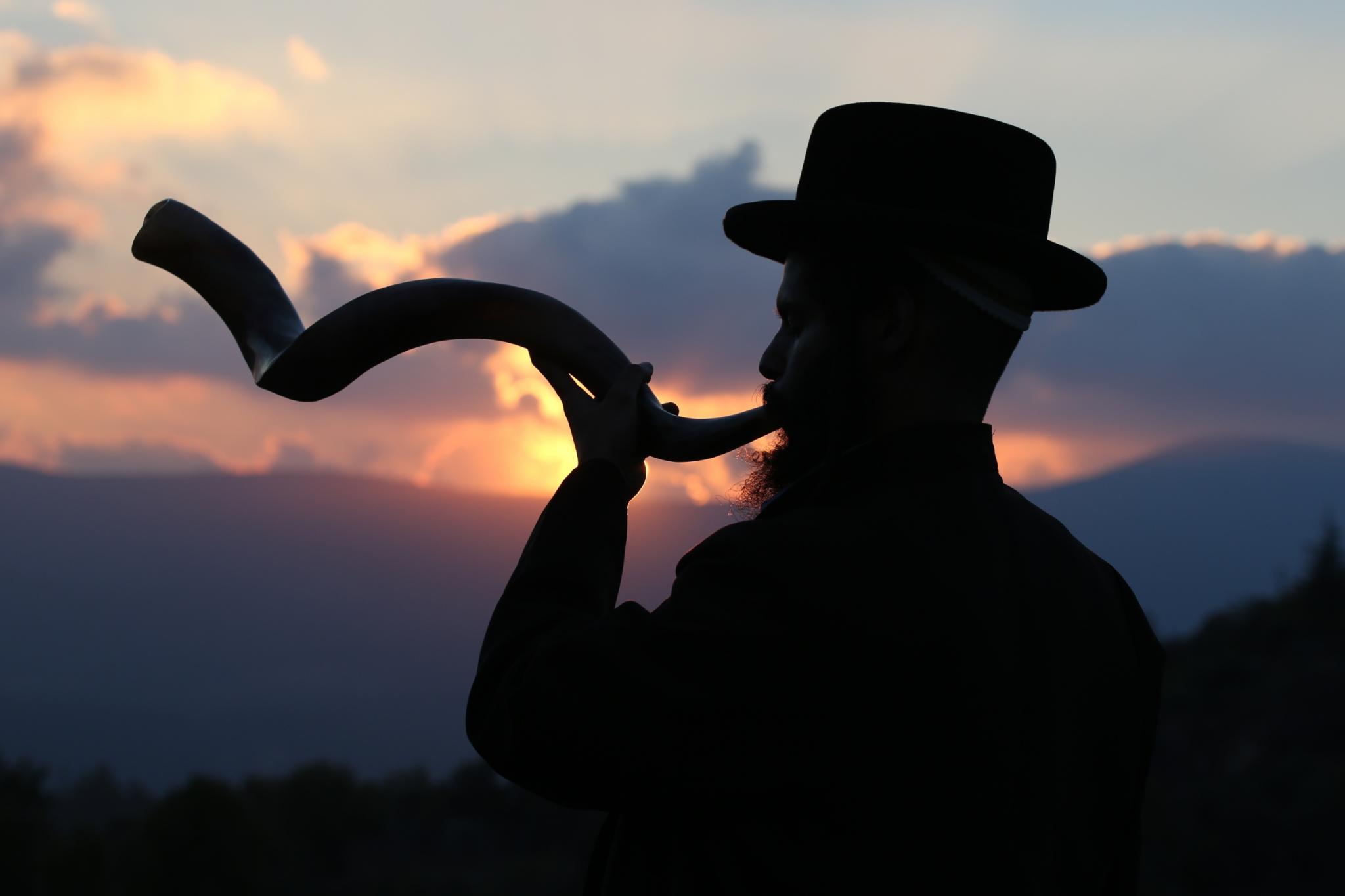
Date and Traditions of the Jewish Day of Atonement
ADVERTISEMENT
In my own way , I celebrate the b'fast with friendship and meal ; Is that part of Yom Kipur ?
"God" is "God" no matter what faith or lack thereof. Please be respectful of others. This lack of respect is what's tearing the world apart right now. Don't be the problem, be the cure! Blessings to all!
Very informative…in your list of other holidays you mention Hanukkah, Passover, Ramadan, Kwanza but no mention of Christmas—why? It is one of the most important holidays for the Christian. I find it strange you place Ramadan and Kwanza there but no mention of Christmas. Why?
The articles listed under “More Like This” are shown in no particular order and are selected automatically based on the fact that they’re “holiday” pages. Here’s a link to our Christmas page: Christmas Day
I, too, am a Christian who observes the Feasts of the Lord. Thank you so much for your recognition of this time appointed by God!
I enjoyed reading your article on Yom Kippur observed by the Jewish people. I am a Christian and have observed this holy day of Atonement given by God to all his people for the last 55 years. The key point is Leviticus 23 calls them the feasts of the Lord, not just the Jewish feasts. There are 7 annual festivals given by God and my family and I and many others observe them annually. Do a search and you will find many Christians observe them. They are full of deep meaning of our past and future.
Indeed. Christ observed all of the Lord's holidays. Modern Christians obey a religion created by sun worshippers in Rome, and do not observe the Torah/ teaching of Christ at all.
Thank you for all that your publication provides. This helps to heal the gap between Judaism and Christianity. Your works preserve the historical context of the role of the preservation of the knowledge of the continuity and intertwining of the solar and lunar cycles.
The traditional greeting for Yom Kippur is "Gmar hatima tova". The English equivalent is "May you be sealed in the book of life".
An important concept of atonement in Judaism is that on Yom Kippur we spend the day atoning for sins against G-d and asking for forgiveness and to be written in the Book of Life for the year. However, for sins or just wrongs one has committed against another individual, we must specifically ask that individual for forgiveness as G-d cannot grant that for us.
During the Days of Awe, we are tasked with asking our friends and loved ones to forgive us for any sins we have committed against them whether intentionally or non-intentionally. It is a humbling experience and a way to enter the New Ear truly cleansed.











